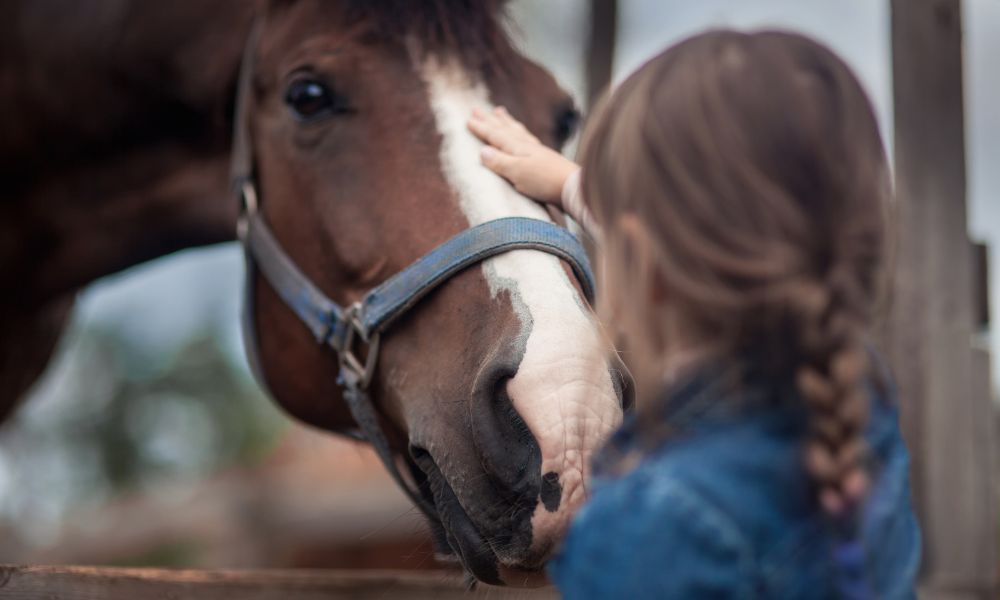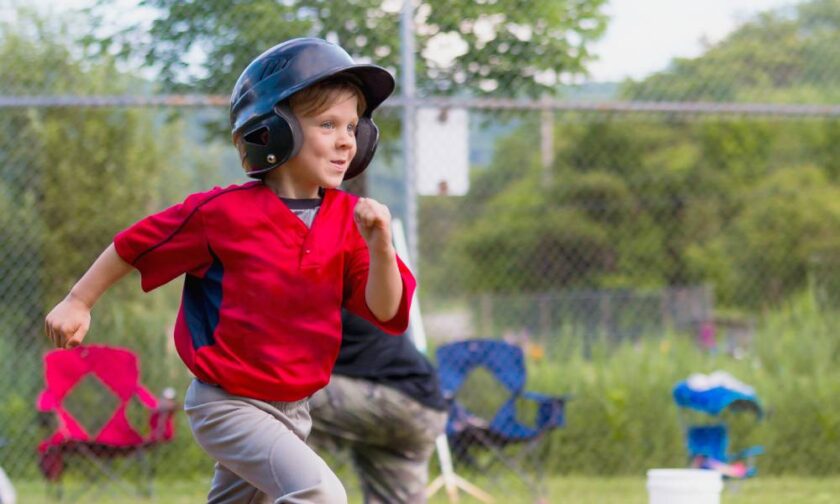If you have a child or family member with autism, you’re likely familiar with their special interests, even if you weren’t previously aware of the technical term for them. Here’s what you should know about kids with autism and their special interests.
What Are Special Interests?
Special interests are unique to individuals with autism. A special interest can be an intense passion or focus on a specific topic for an extended period of time. Now-outdated research described special interests as “restricted interests” and heavily discouraged them. However, special interests are beneficial to people with autism for a number of reasons, and you should encourage them.
What Does a Special Interest Look Like?
While neurotypical individuals also have hobbies and interests, this isn’t the same as their special interests. A person with autism engaging with their special interest can stay focused for hours on end without getting bored. Sometimes, hyper-focusing this way can result in neglecting bodily needs, such as forgetting to eat or go to the bathroom.
A person with autism can talk about their special interest in great detail and usually knows much more information about the subject than the average person. Individuals who typically have more flat facial expressions and monotone voices might light up when talking about their special interests, becoming animated and engaged in the conversation. In some cases, passion for their special interest can even override sensory discomforts or eye contact avoidance!
How To Support Your Child and Their Special Interests
First, it’s important to understand that special interests are beneficial to your child. They are a major source of autistic joy—one of the best parts of being autistic. They also help to regulate emotions and self-soothe after a long day. Here are some dos and don’ts when it comes to interacting with your child’s special interests.
Don’t
- Forcibly remove them from their special interest or attempt to limit the amount of time they can engage in it. This is extremely distressing and has a high chance of causing a meltdown.
- Act dismissive or belittling when they attempt to share their special interest with you.
Sure, you might not care about the hierarchy of the Greek pantheon or the diet of a jumping spider, but your child does. They are trying to share their special interest with you because they love you. Telling them you don’t care or barely responding as they speak to you is hurtful and can result in them not wanting to share things with you at all.
Do
- Check in with them while they’re hyper-focusing. As mentioned above, bodily needs can sometimes go unnoticed, especially if your child also struggles with low interoception.
Interoception is the sense that lets you know what your body needs; people with low interoception have a hard time telling when they are hungry, thirsty, tired, or need to go to the bathroom. Many people with autism have low interoception, especially when in hyperfocus. Asking your child when the last time they ate or drank water was can help them stay healthy and comfortable while in hyperfocus.
- Engage with their special interests. Asking questions, actively listening, and sharing your own cool facts related to whatever topic you’re discussing are great ways to show your child that you care about their interests.
You can also encourage their special interest by buying them related items or taking them on related excursions. A child whose special interest is the Titanic would love a set of non-fiction books about the ship; kids who love crochet would adore receiving yarn for their next project.
Some special interests require additional materials, like paint or craft supplies, to engage in, so making sure your child has these in a steady supply is a great way to support them.
Excursion ideas can include taking your child to a library or an art or science museum. Kids with a love of horses would love a dude ranch or hippotherapy experience where they can interact with the animals.
You should cherish and foster the special interests of kids with autism to ensure they are the happiest and healthiest they can be.






